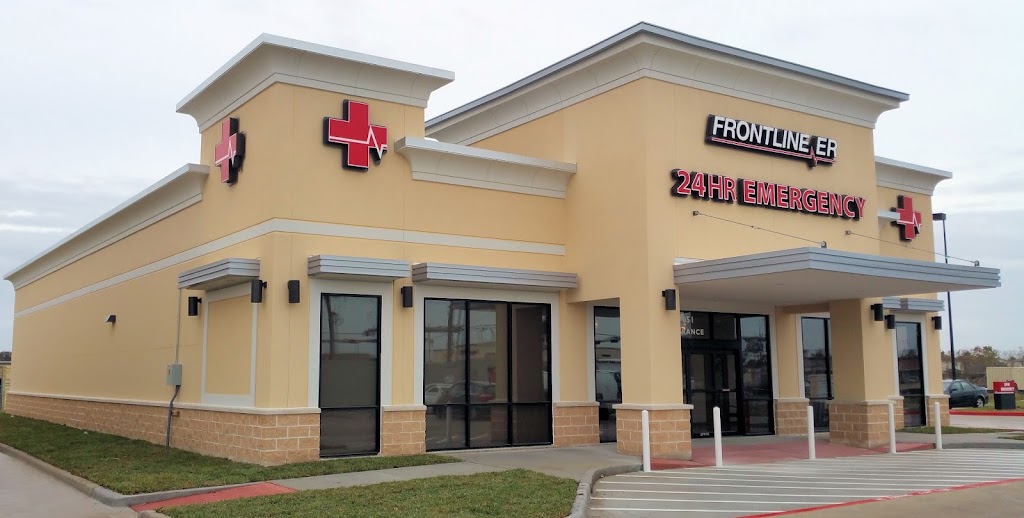Urgent care and emergency rooms both provide medical care for non-life-threatening conditions, but there are some key differences between the two. Urgent care is typically less expensive and has shorter wait times than the ER, but it may not be able to treat all conditions. The ER is the best place to go for life-threatening conditions or injuries that require immediate medical attention.
When to go to urgent care:
- Minor cuts and scrapes
- Sprains and strains
- Colds and flu
- Ear infections
- Sinus infections
- Urinary tract infections
- Allergies
- Rashes
- Fever
- Vomiting and diarrhea
- Asthma attacks
- Minor burns
When to go to the ER:
- Chest pain
- Shortness of breath
- Severe bleeding
- Broken bones
- Head injuries
- Seizures
- Loss of consciousness
- Poisoning
- Allergic reactions
- Severe burns
- Any other condition that requires immediate medical attention
Conclusion:
If you are unsure whether to go to urgent care or the ER, it is always best to err on the side of caution and go to the ER. However, if you have a minor condition that is not life-threatening, urgent care may be a better option.





